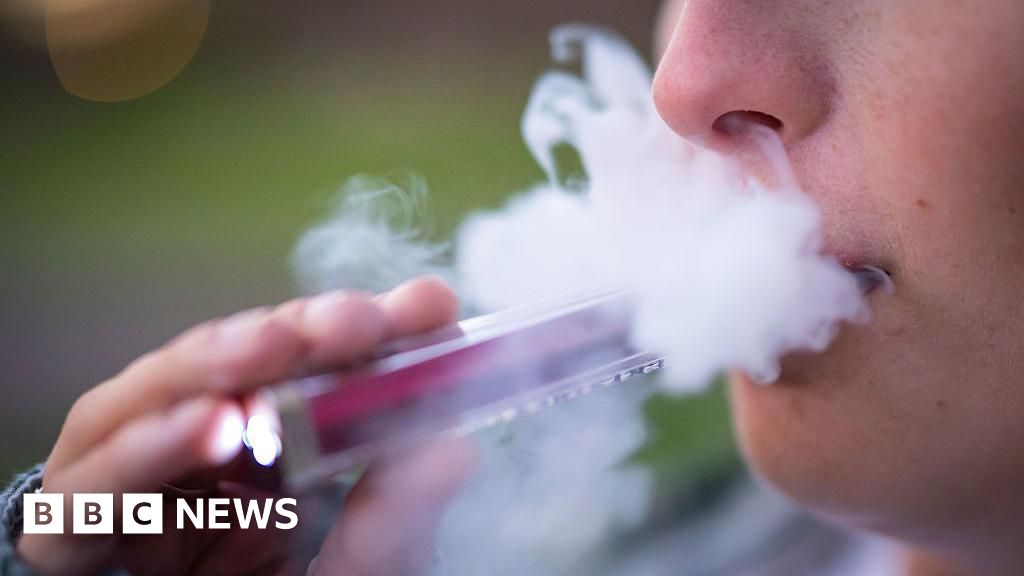
LONDON – In a controversial move to manage her children’s vaping habits, a mother has taken the unusual step of purchasing vapes for her teenagers, seeking to control their nicotine intake.
Immediate Impact
Emma, a concerned mother, is doing what she once thought unthinkable. In an effort to manage her children’s addiction to vaping, she has resorted to buying the vapes herself. “It went against every bone in my body to do that, but they’re addicted,” Emma confesses. Her decision stems from a desire to reduce the high levels of nicotine her teenagers were consuming.
Key Details Emerge
Emma’s son, who began vaping in primary school, managed to conceal his habit until high school. By age 15, his health began to deteriorate, prompting Emma to take action. “The paramedics said the incessant vaping could be causing this,” she recalls. In a bid to control the situation, she decided to purchase vapes from reputable suppliers, aiming to reduce their nicotine content from 20mg to 10mg.
“I warned them – if I see them with a device that has more nicotine in – then I’ll stop buying them any, full stop.”
Industry Response
Despite Emma’s efforts, the legality of her actions is questionable. It is illegal to sell or buy vapes for anyone under 18. Emma acknowledges this but feels it was her only choice. Meanwhile, the disposable vape ban, effective from June 1, has had little impact on her children’s consumption.
By the Numbers
Disposable vapes have been banned due to environmental concerns and rising youth consumption.
Vapes are seen as a healthier alternative to cigarettes, yet concerns persist about their role as a gateway into nicotine addiction.
Expert Analysis
Kate Pike from the Chartered Trading Standards Institute warns that the ban might not suffice. “We are finding compliant products – vapes that are refillable and rechargeable – with packs of stickers in them,” she notes, suggesting these products are marketed to children.
At Alder Hey Children’s Hospital, Professor Rachel Isba advises parents not to be too hard on themselves. “The important thing is not to judge your child; the world our young people live in is a difficult place to grow up in,” she explains. Her clinic, supporting 11-15-year-olds, is already facing a six-week waiting list.
Background Context
The issue of youth vaping is complex. Dan, a father from Twickenham, shares his concerns, describing vaping as a “gateway drug.” His own children have faced school disciplinary actions due to their vaping habits, which have escalated to include substances like cannabis.
“Vaping is a gateway drug,” Dan asserts. “They become addicted to nicotine and then harder stuff follows.”
What Comes Next
Professor Isba emphasizes the need for more paediatric addiction services across the NHS. “The problem is far greater than her clinic,” she warns, highlighting the potential for vaping to lead to other dependencies. The government’s Tobacco and Vapes bill is a step forward, but more comprehensive measures may be necessary.
This story highlights the challenges and complexities faced by parents and health professionals in addressing youth vaping, emphasizing the need for ongoing dialogue and effective policy measures.






